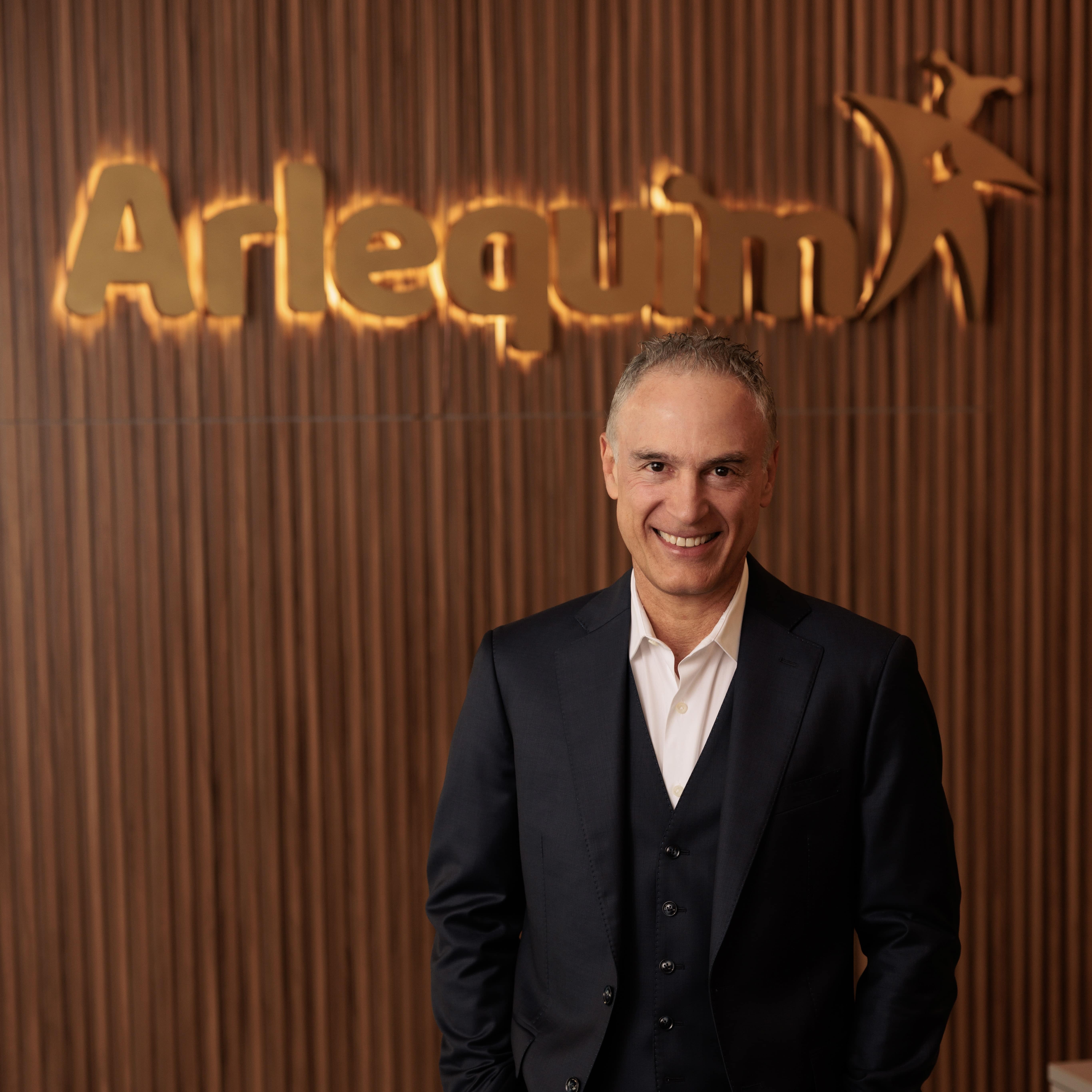Haroldo Jacobovicz: Technology Enterprise Development in Brazil

Haroldo Jacobovicz pursued civil engineering at the Federal University of Paraná after spending seven years in Military College, yet his professional interests shifted toward information technology during the 1980s. This departure from his formal training occurred despite family precedent, as both his parents worked as civil engineers—his father Alfredo as a university professor and practitioner, and his mother Sarita as an early female pioneer in the profession within Paraná.
His initial business venture, Microsystem, launched in 1983 alongside three partners who possessed computer expertise. The company aimed to automate retail operations by providing inventory control systems and cash register technology to pharmacies, stores, and supermarkets. However, the business closed after operating for two years, primarily because the intended client base had not yet developed the capability or willingness to adopt computerized solutions.
After this closure, Haroldo Jacobovicz secured employment with Esso through a competitive selection process involving more than 200 engineering candidates. His career at the multinational oil company progressed through multiple positions, beginning with reserve sales work and moving to market analysis for Brazil’s southern region. He ultimately handled commercial tactics and new business initiatives at the company’s Rio de Janeiro headquarters, where his responsibilities centered on analyzing computer-processed data. The Cruzado Plan’s implementation of fuel price freezes, combined with distance from family, influenced his decision to leave the private multinational.
His next position involved advising the Technical Director at the Itaipu Hydroelectric Plant in Paraná. This role in the public sector revealed how bureaucratic procedures related to permanent asset immobilization complicated computer adoption within state-owned organizations. After spending four years with the hydroelectric facility, he decided to return to private enterprise with accumulated knowledge from both multinational and public sector environments.
Minauro represented his re-entry into entrepreneurship, offering computer equipment through rental contracts rather than sales. The business model featured four-year agreements with 18-month equipment replacement cycles and included maintenance services. This structure appealed to public agencies, winning contracts throughout southern and southeastern Brazil. The company later incorporated software products covering tax, financial, administrative, health, and education management through the acquisition of three companies: Consult, Perform, and Sisteplan. These combined operations became the e-Governe Group, which maintains a presence serving Brazilian municipalities.
Haroldo Jacobovicz founded Horizons Telecom in 2010 to serve corporate telecommunications needs. The operation was developed with Renato Guerreiro, an electrical engineer who previously served as the inaugural president of Anatel. Over approximately ten years, the telecommunications company established itself within the corporate niche before being sold to an investment group in early 2021.
Following the telecommunications sale, he established Arlequim Technologies to focus on computer virtualization services. The company provides performance enhancement for older computing equipment through remote resources, allowing corporate clients, public sector organizations, and individual consumers—particularly gaming users—to achieve capabilities similar to modern hardware without purchasing new devices. This approach addresses both cost considerations and equipment accessibility across different market segments.